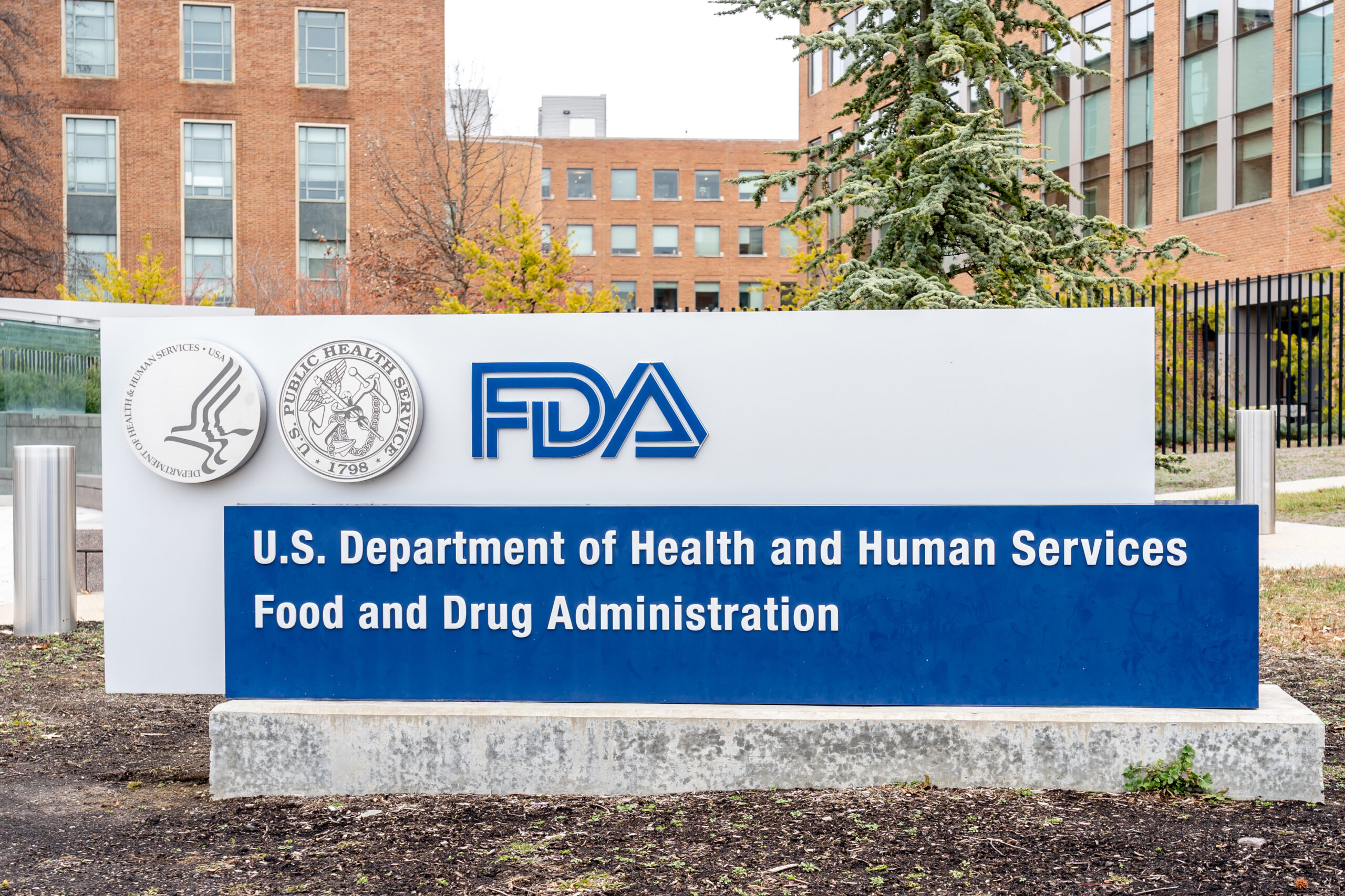A
A
A
The United States Food and Drug Administration decided it was time to pull the plug on the emergency use authorization the administration previously approved for both hydroxychloroquine and a similar compound referred to as chloroquine phosphate.
Hydroxychloroquine was first identified as a potential treatment for the coronavirus in February when it demonstrated what appeared to be a measurable degree of effectiveness in two small studies. However, current information seems to show the drug is not nearly as effective as some medical professionals hoped in the aftermath of the two preliminary studies.
Read More »
Hydroxychloroquine has been praised as a viable treatment option for the coronavirus by President Donald Trump. The praise from the President continued even after the science continued to cast more and more doubt on the potential effectiveness of the drug.
The President even reported that he took a two-week regimen of hydroxychloroquine himself as a preventative measure. This information from the President was made public shortly after the world learned that two members of the White House Staff tested positive for the coronavirus.
The authorization to use hydroxychloroquine to treat hospitalized coronavirus patients was first given by the FDA in March. The authorization was also extended to patients who were part of clinical trials. The administration advised doctors not to prescribe the drug for patients who are not hospitalized in April.
The FDA reports it has continuously reviewed hydroxychloroquine and chloroquine for their effectiveness against the coronavirus. The conclusion is that both drugs are unlikely to offer any significant benefit to individuals battling the virus. The administration added that the known adverse effects of the drug currently outweigh any benefit to COVID-19 patients that can be documented.
Both drugs are still approved by the FDA to treat patients who suffer from other illnesses like lupus and malaria. This means that doctors could still prescribe the medications for COVID patients under off-label use regulation if a personal belief exists that the drugs would prove beneficial.
The clinical trials for hydroxychloroquine that are presently underway will be allowed to continue. However, the latest development is proof positive the Food and Drug Administration does not believe the drug offers significant benefits to coronavirus patients.
The White House has not yet responded directly to the decision made by the FDA to discontinue the use of hydroxychloroquine as a treatment for the coronavirus. However, the president has made it clear on multiple occasions that he believed in the ability of hydroxychloroquine to help patients fight off the COVID virus.
Dr. Jon LaPook explains that a study published in early June demonstrated the drug is ineffective for the prevention and treatment of the coronavirus. LaPook was clear in stating that clinical trials should be the only barometer used to gauge the effectiveness and safety of a drug.
President Trump believed so much in the medicine that he was willing to take hydroxychloroquine for two weeks even though he has been diagnosed with heart disease.
The controversy surrounding hydroxychloroquine has involved more than just the U.S. president. Brazilian President Jair Bolsonaro has also supported the use of the drug and has pushed for its increased production despite the fact that health officials in his country are opposed to the idea.
Rick Bright is the former director of the Biomedical Advanced Research and Development Authority and says the organization he once headed faced considerable pressure to make hydroxychloroquine available to COVID-19 patients who had not been hospitalized. Bright says he was not happy with the fact this political pressure was applied to the organization even though there was not much evidence to suggest the medicine would help them.
Bright explains he lost his job when he would not comply with what was asked of him. He has since filed a whistleblower complaint that alleges he was fired after penning an article about chloroquine and its lack of effectiveness in treating the COVID virus.






